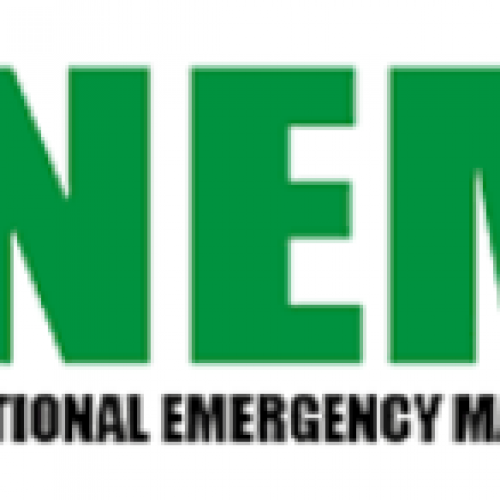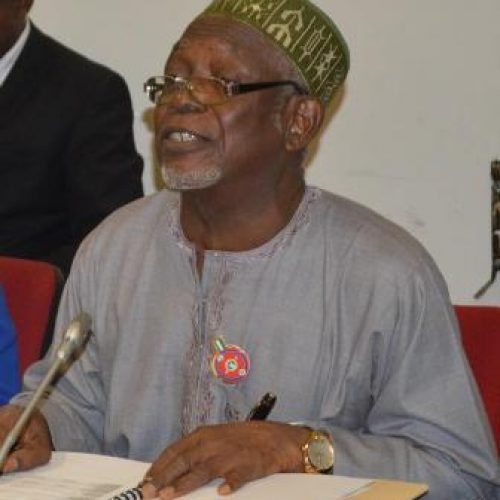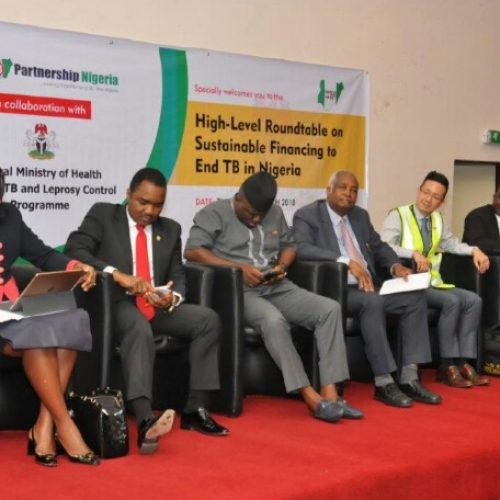Counterfeit antimalarials reducing, says NAFDAC
The National Agency for Food and Drugs Administration (NAFDAC) says it has successfully reduced the counterfeit of antimalaria drugs from 19.6 per cent in 2012 to 3.6 per cent in 2015.
According to a press release from the agency, the reduction was revealed in a national survey on the quality of anti-malaria medicines in the nation’s six geo-political zones conducted by the National Malaria Elimination Programme of the Federal Ministry of Health and NAFDAC.
The agency attributed the feat to its introduction and deployment of new anti-counterfeiting cutting-edge technologies such as TRUSCAN, Mobile Authentication Services (MAS), Mini-laboratory and Deep Infra-red technology.
The release said the NAFDAC Director General, Dr. Paul Orhii, at the ceremony to unveil the survey report stressed his resolve to wipe out the menace of counterfeit drugs in the country. According to him, NAFDAC has again done Nigeria proud with the result of the survey, coming closely at the heels of the evacuation of N5 billion counterfeit drugs bybthe agency from five warehouses in Lagos.
He thanked partner agencies such as the United States Pharmacopoeia (USP), USAID and the Federal Ministry of Health for their support towards the anti-counterdeiting war.







0 Comments
No Comments Yet!
You can be first to comment this post!